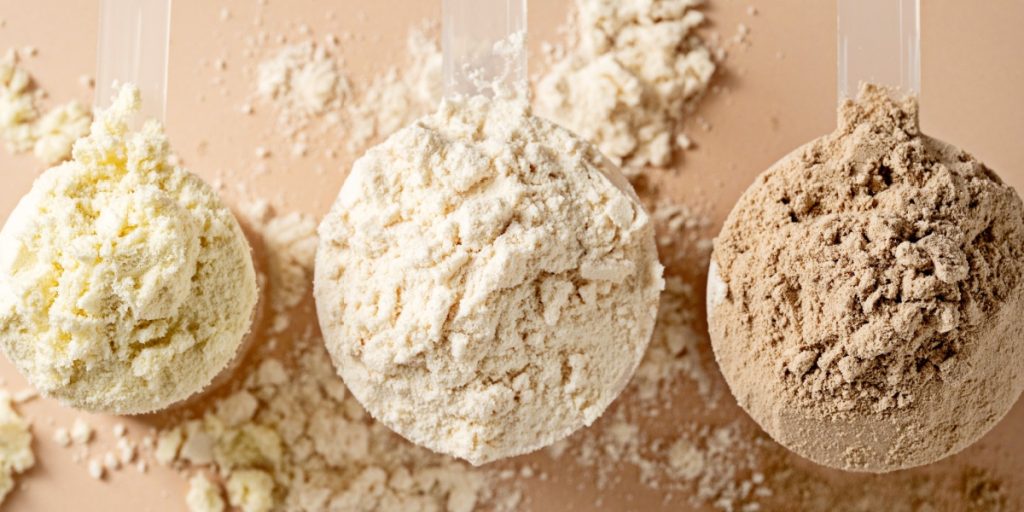Plant-based sources often come with fiber or tannins that can reduce absorption. This is why whey protein is so popular, it’s digested quickly and contains a high dose of leucine.
Others are reading now
For years, health trends pushed plant-based eating into the spotlight, but a growing number of experts are now reminding us not to overlook protein, especially high-quality sources. While a vegan diet can be healthy, it often requires extra planning to meet protein needs.
“Many of us aren’t getting enough, or at least not the right kinds, of protein at the right times,” says nutrition professor Sareen Gropper, PhD, RDN. As protein shakes off its old image, it’s becoming clear that we need more than we thought.
Why Protein Deserves More Respect
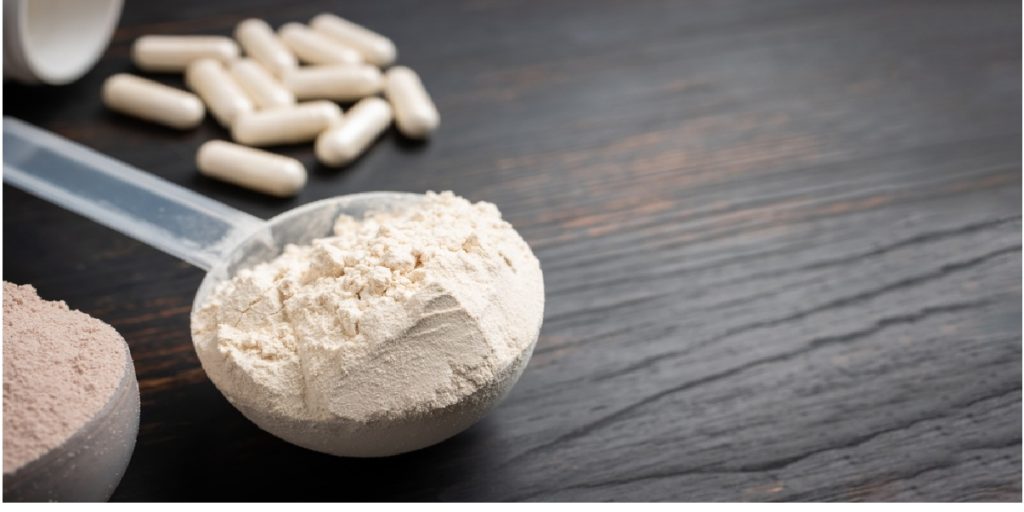
Protein isn’t just for muscle building, it supports immune function, gut health, skin, hair, nails, and even hormone regulation. “Skeletal muscle acts like an endocrine organ,” says Dr. Gabrielle Lyon, DO, “secreting compounds that reduce inflammation.”
Plus, newer research debunks fears that high-protein diets harm healthy kidneys. In fact, being under-muscled is linked to longer hospital stays and higher mortality. So, yes, protein really is that important.
So, How Much Protein Do You Actually Need?
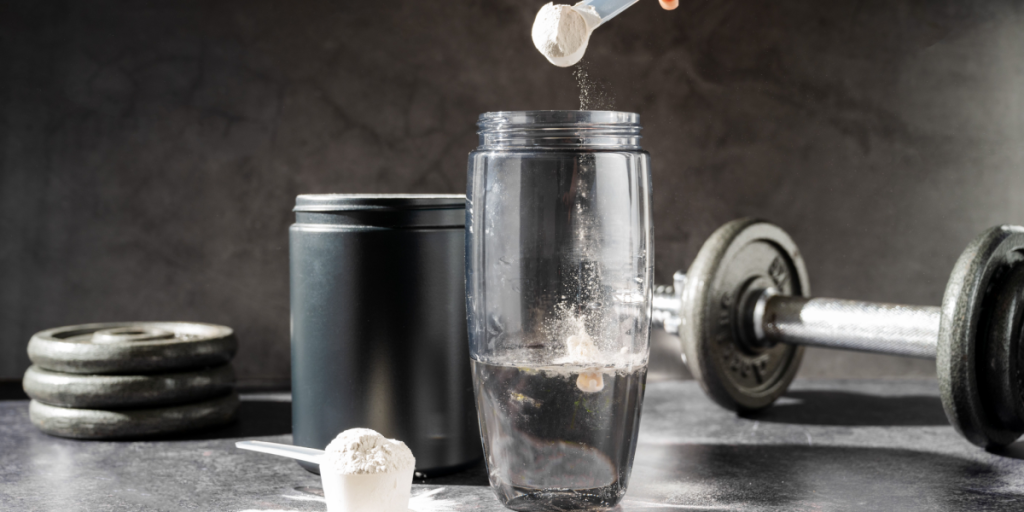
The recommended daily allowance (RDA) for protein has stayed at 0.36 grams per pound of body weight for decades, but experts say that’s too low. Regular exercisers likely need 1.2 to 1.5 grams per kilogram, or about 30–35 grams per meal.
Also read
“Your body doesn’t store amino acids,” says nutritionist Carol Johnston, PhD, RD. That means spreading protein intake across meals is key, especially starting with a solid breakfast.
Not All Protein Is Created Equal

Animal proteins contain all nine essential amino acids, crucial for muscle repair and synthesis. Plant proteins, unless you’re eating foods like quinoa, soy, or buckwheat, often lack one or more.
“You can have leucine to trigger synthesis,” says Luc van Loon, PhD, “but without the full set of amino acids, your body can’t ‘build the house.’” Active people especially need to ensure they’re getting complete proteins to fuel recovery and performance.
How Your Body Absorbs Protein
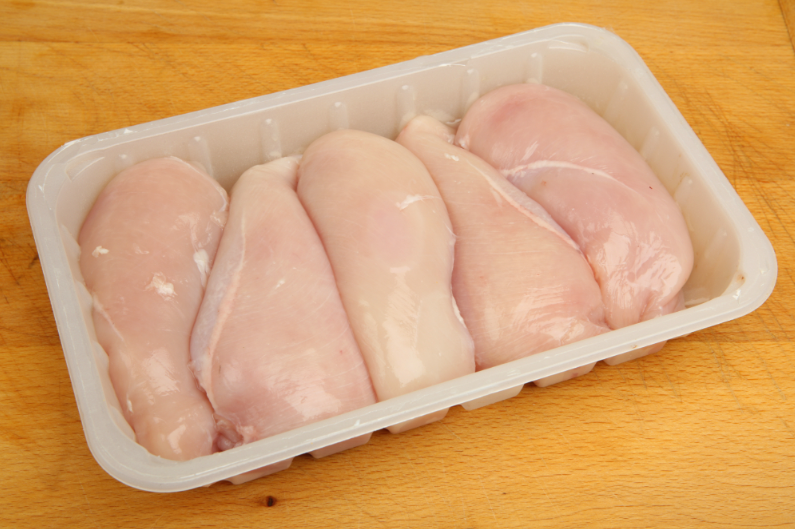
Here’s the catch: Your body doesn’t absorb all proteins equally. Roughly 85% of protein in chicken or eggs is absorbed, compared to about 63–75% from beans and peas.
Plant-based sources often come with fiber or tannins that can reduce absorption. This is why whey protein is so popular, it’s digested quickly and contains a high dose of leucine. That said, unless you’re an elite athlete, you probably don’t need whey to meet your goals.
Also read
Can You Get Enough Protein on a Plant-Based Diet?
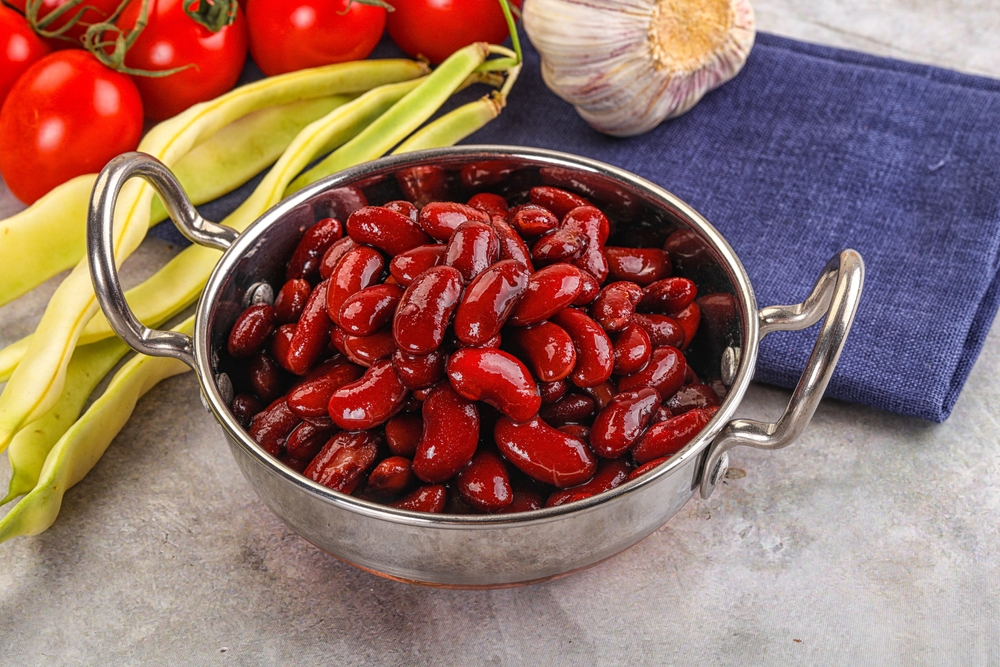
Yes, but it takes strategy. Combining plant proteins can help deliver all nine essential amino acids, but it often means consuming more total calories.
For example, getting 31 grams of protein from legumes, rice, and veggies adds up to about 700 calories, versus just 155 calories from four ounces of chicken breast. Plus, some plant-based products are highly processed, making it harder to track what you’re actually consuming.
Debunking Myths About Animal Protein and Longevity
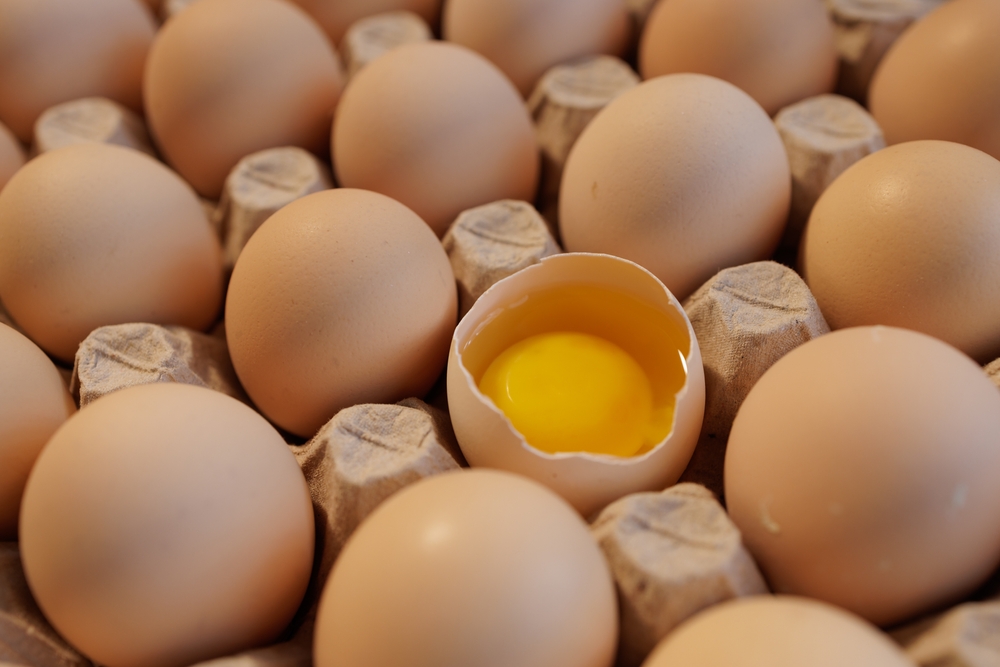
While whole-food, plant-based diets are linked to lower cancer risk, recent studies challenge old fears about animal proteins.
Dietary cholesterol, once demonized, is no longer seen as a major heart disease driver. Saturated fat from whole foods like eggs or Greek yogurt may not be as harmful as once thought. “It’s about the full nutritional profile of the food, not just one nutrient,” says medical oncologist Neil Iyengar, MD.
Personal Story: When a Vegan Blogger Hit a Wall
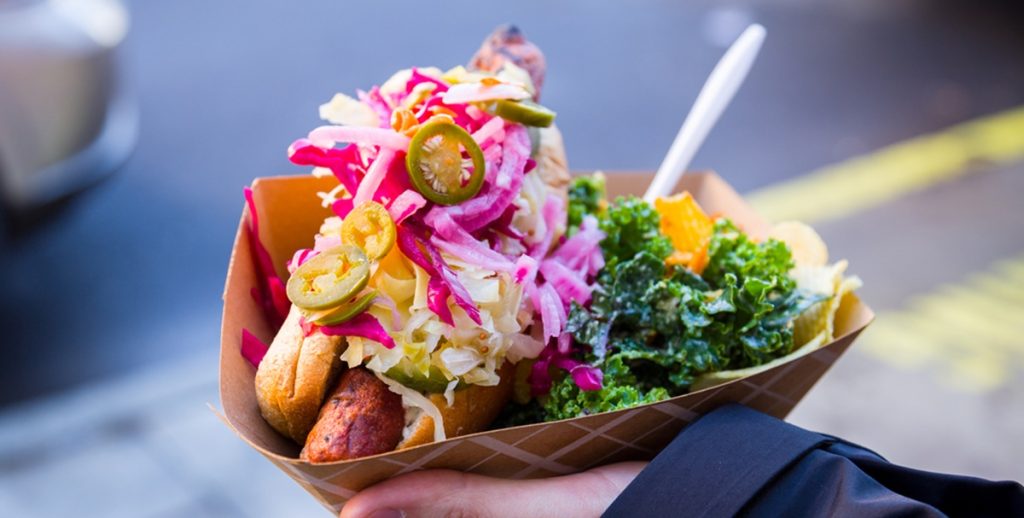
Carrie Forrest, a longtime vegan with a background in nutrition, found herself exhausted despite eating all the “right” plant proteins. A reluctant taste of steak while traveling changed everything.
Also read
She soon added meat back into her diet, and felt her energy return. Publishing her experience led to backlash from the vegan community, but over time, she began receiving messages from others who made similar shifts. Forrest’s takeaway? “This is my health, and I had to make a change.”
The Bottom Line: Prioritize Protein, Daily
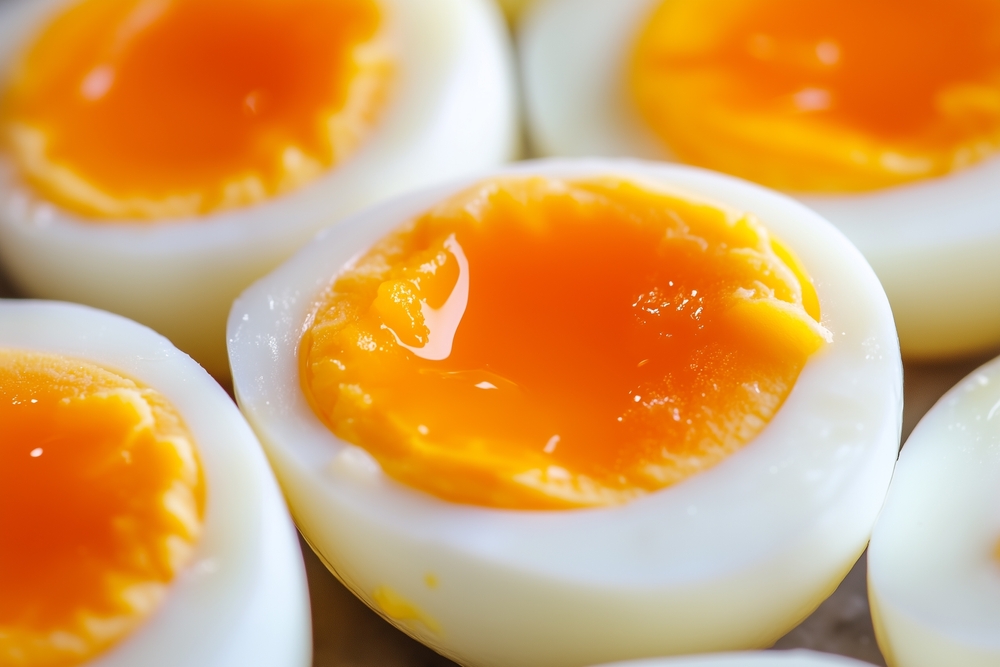
Whether you’re an omnivore, vegetarian, or vegan, one truth holds: Your body needs high-quality protein throughout the day to build, repair, and stay strong. “I didn’t used to eat much breakfast,” says Dr. Johnston, “but now I always get protein in the morning.” Options like eggs, yogurt, or cheese can make a difference.
And if you’re aiming for longevity and vitality? Think of muscle, and protein, as your best insurance policy.

